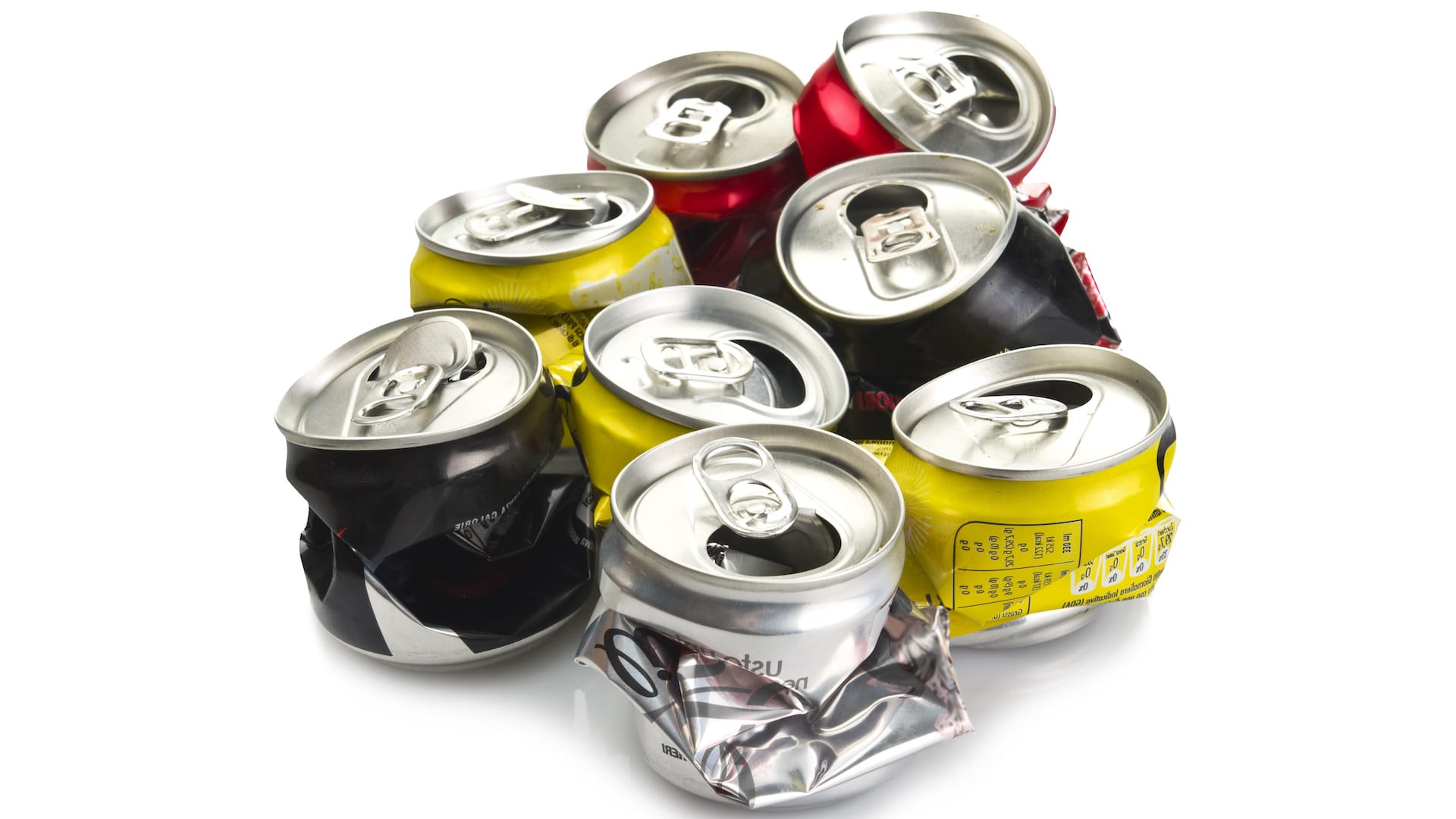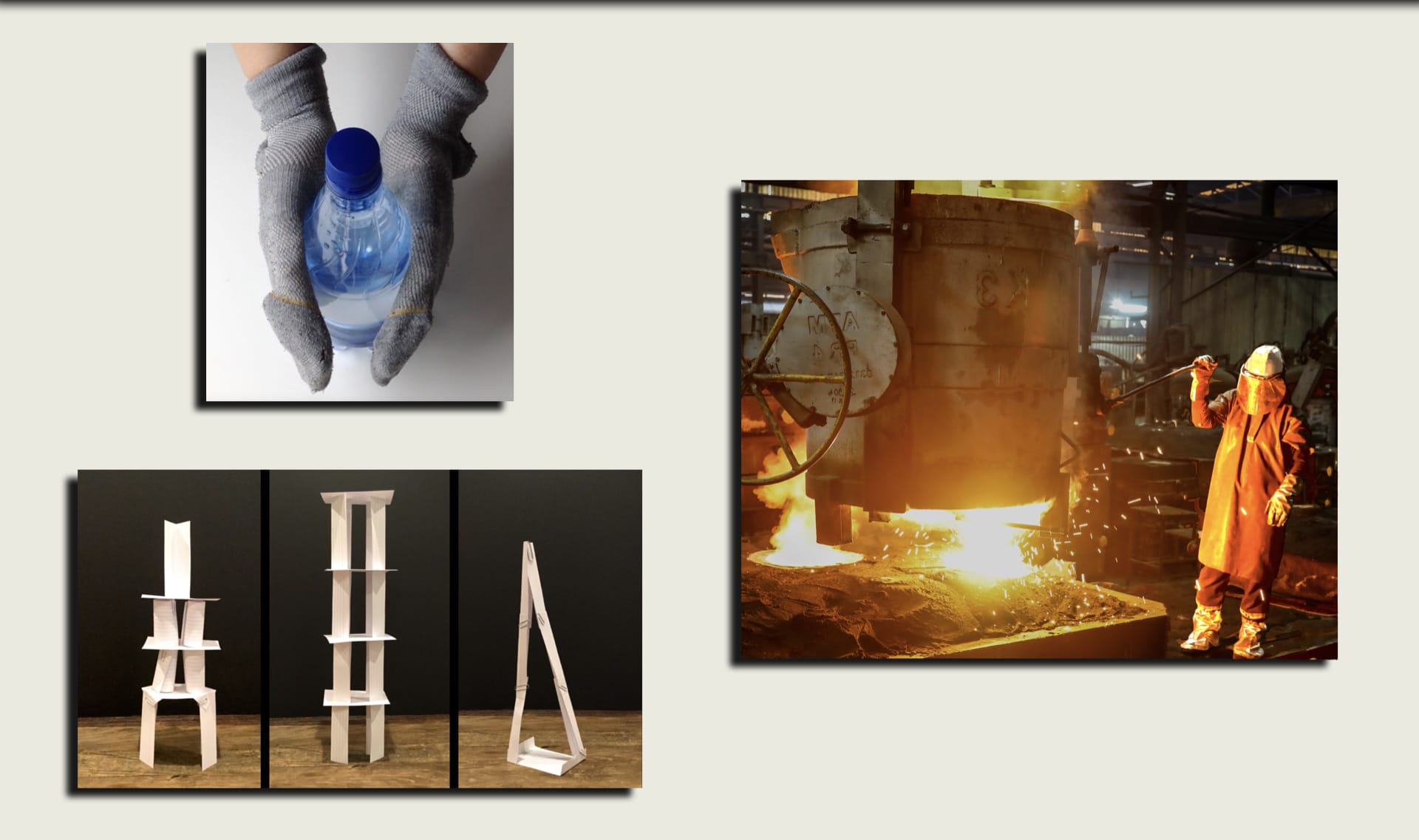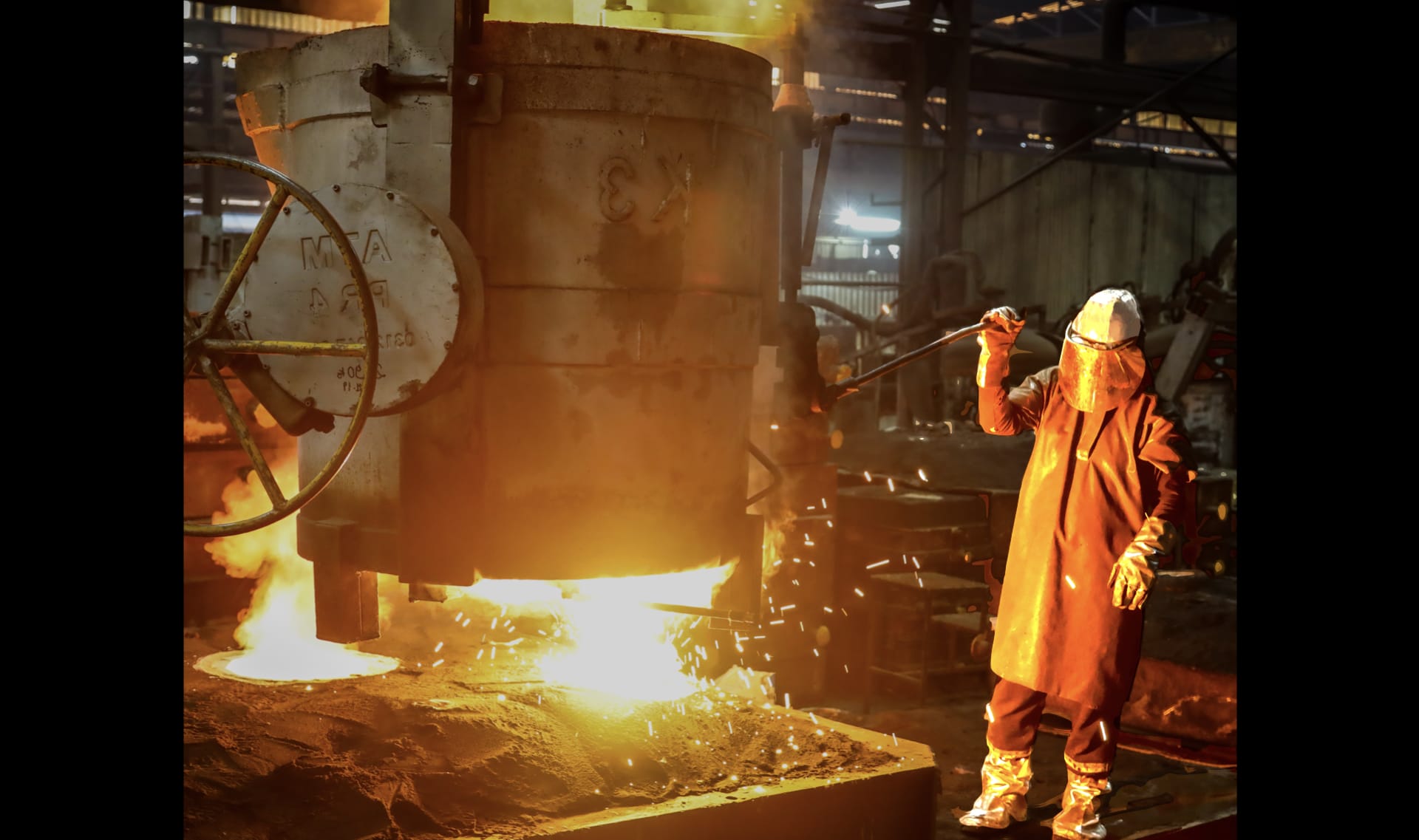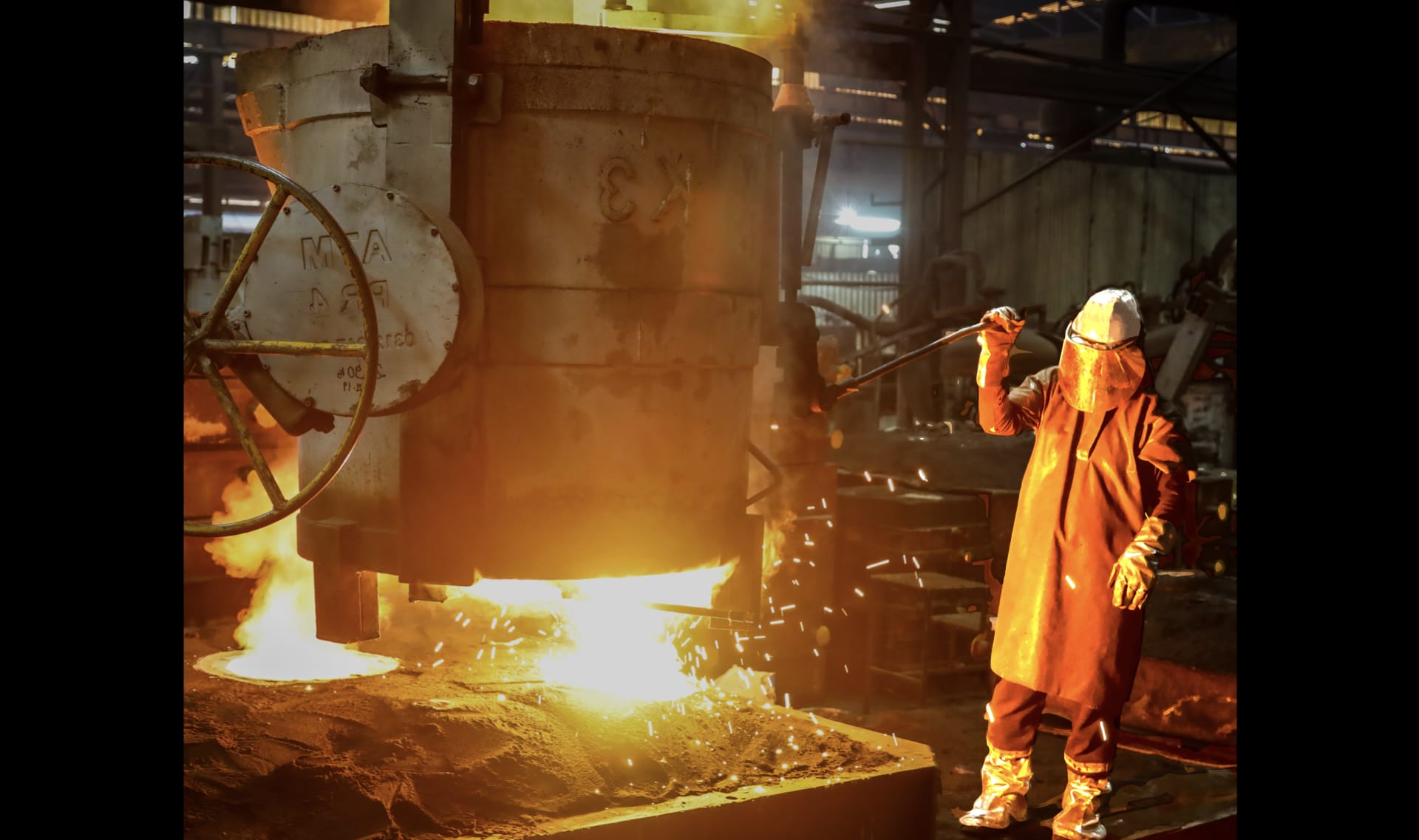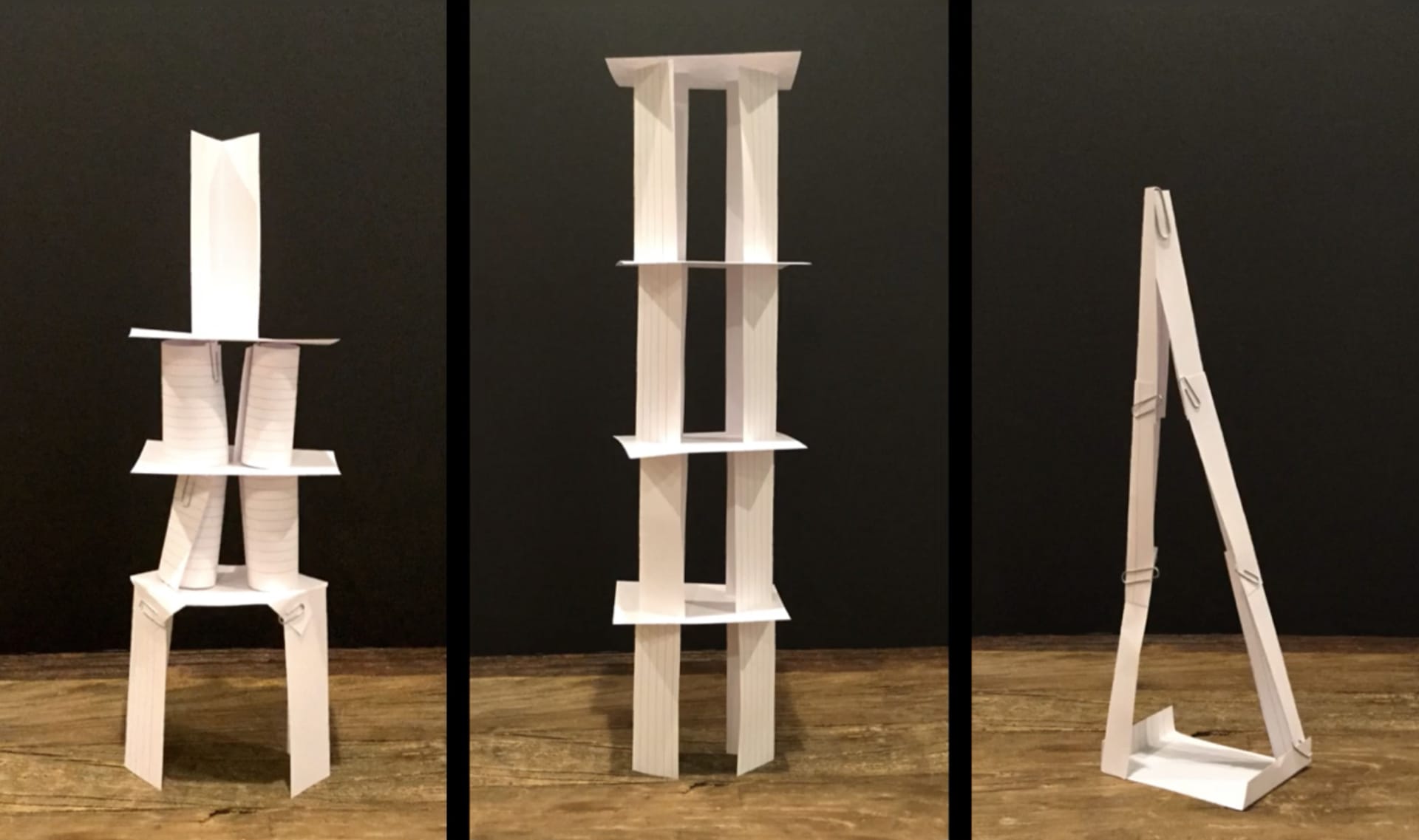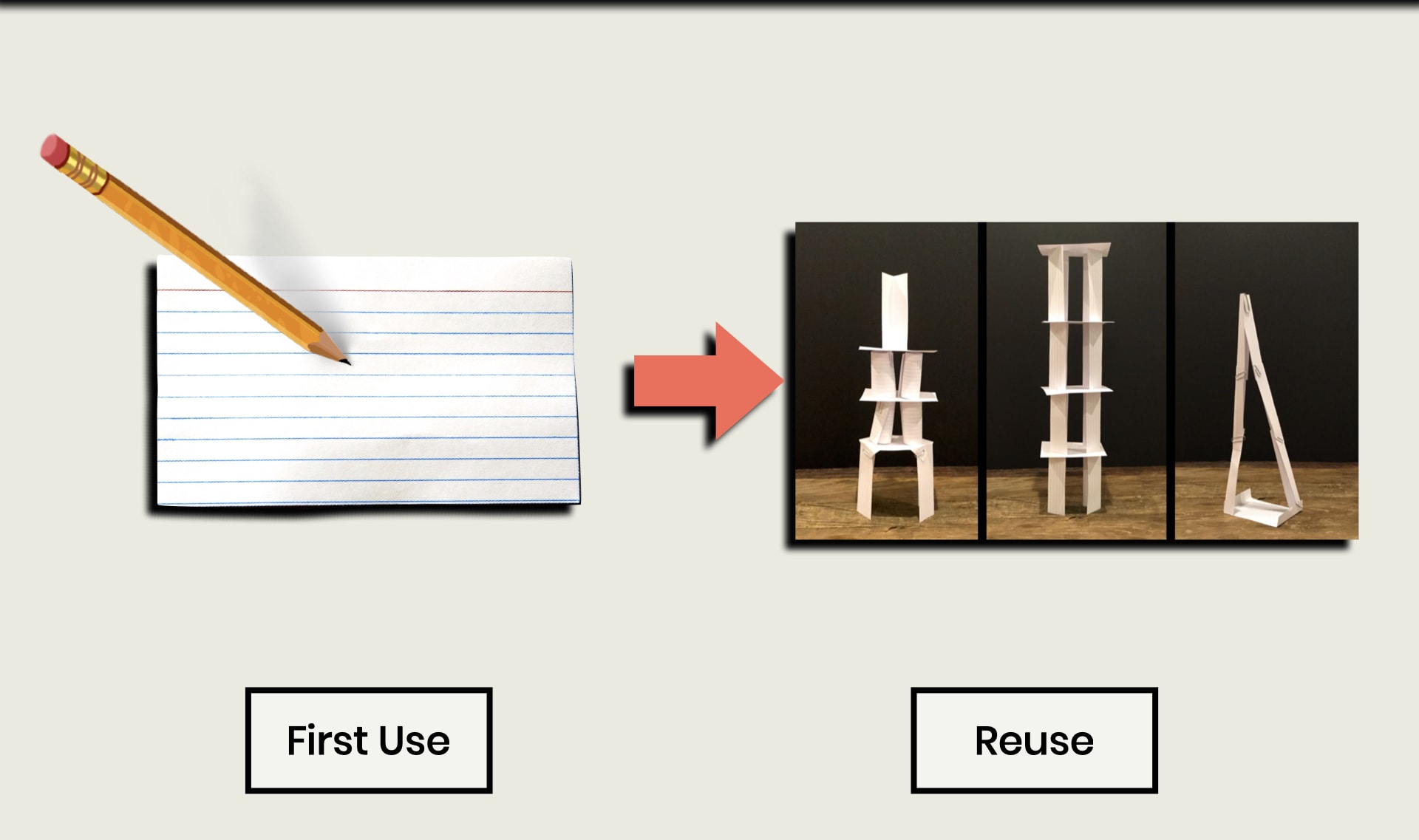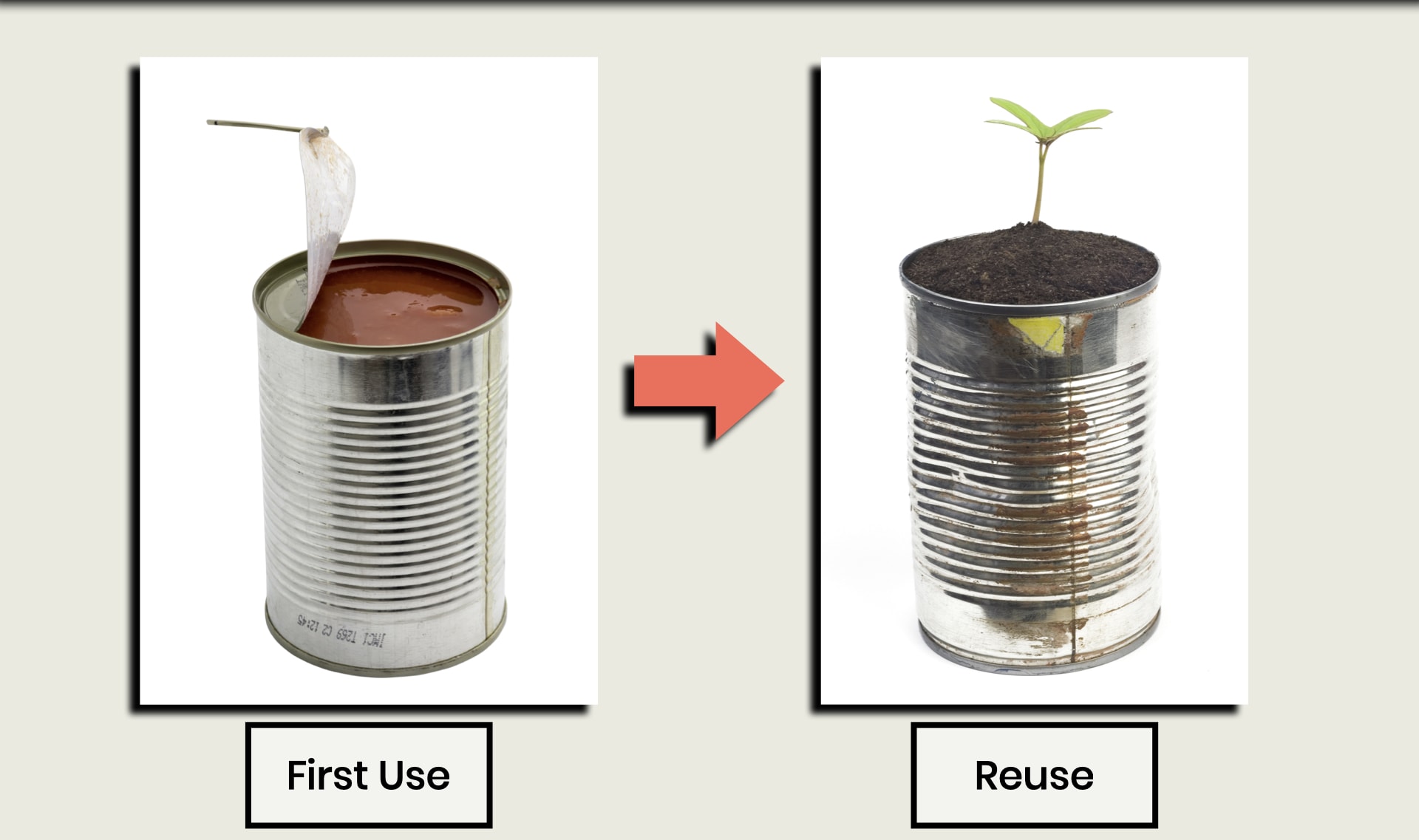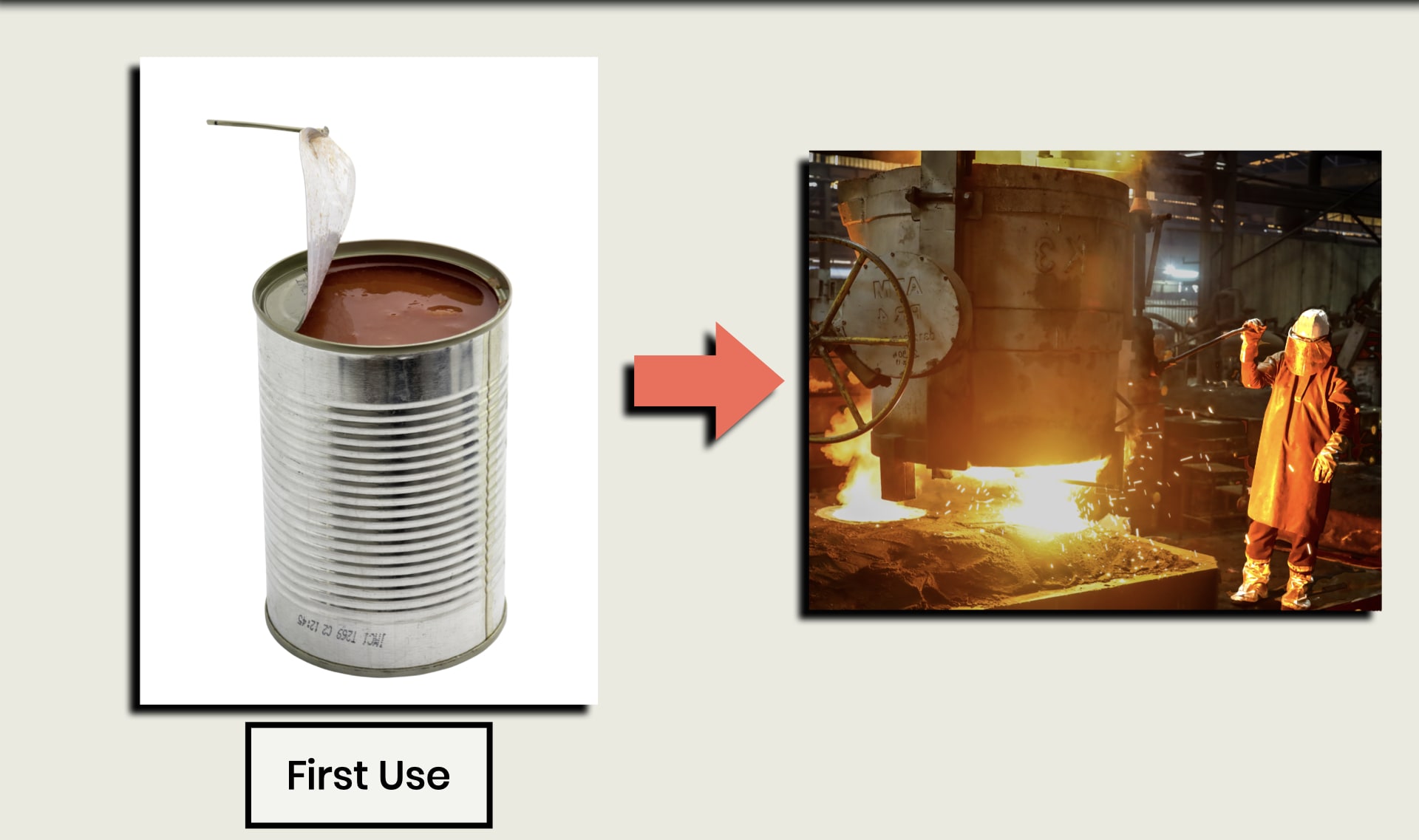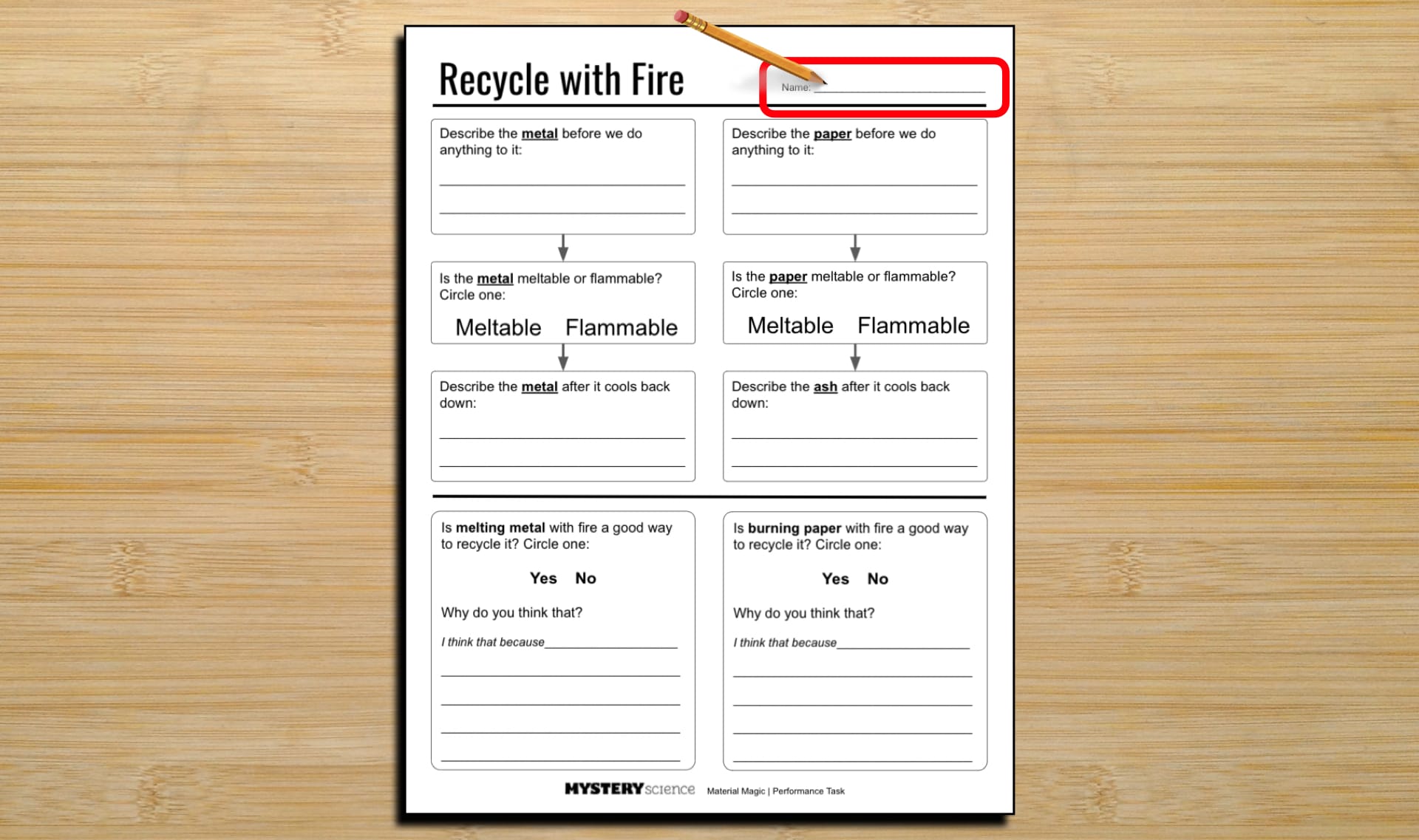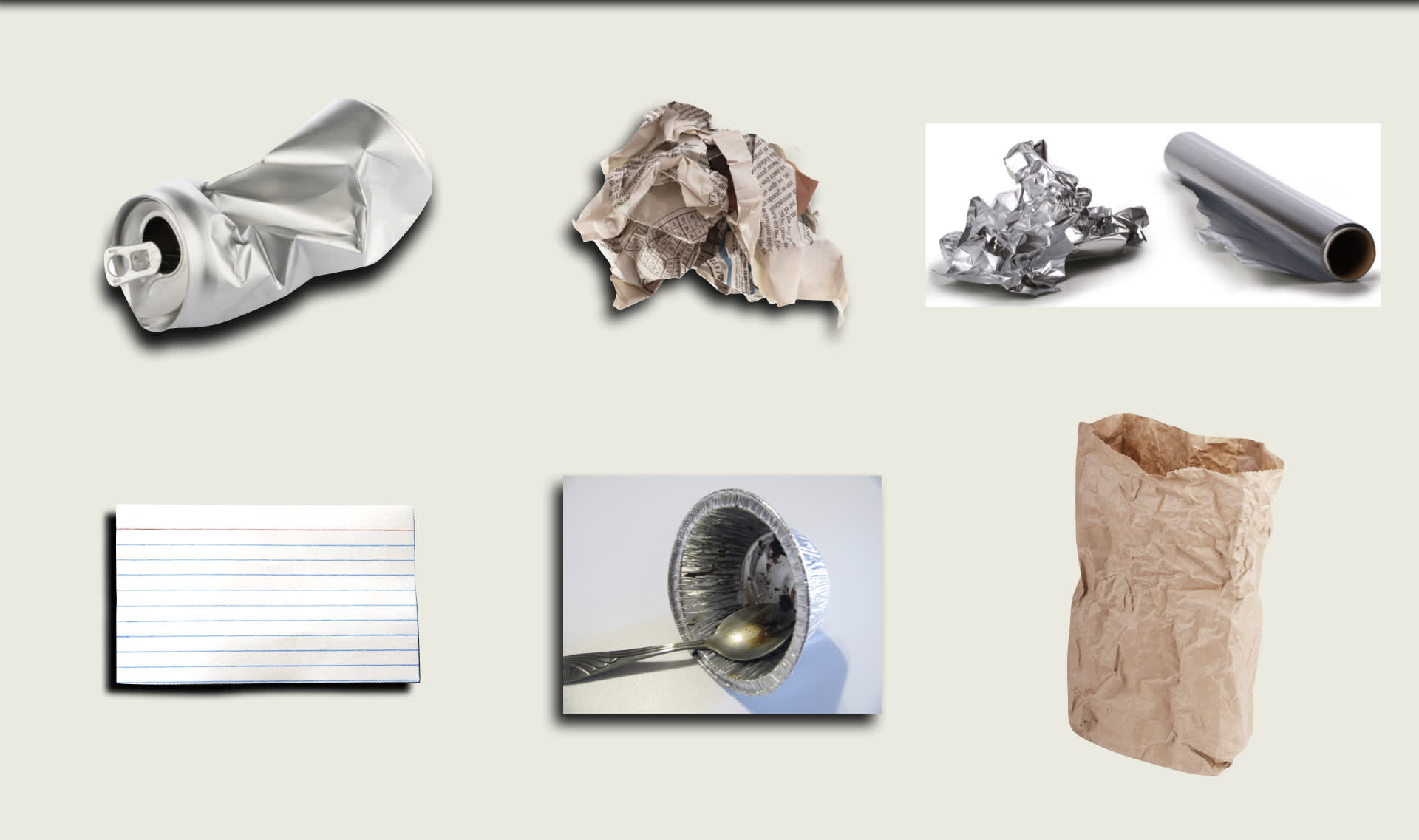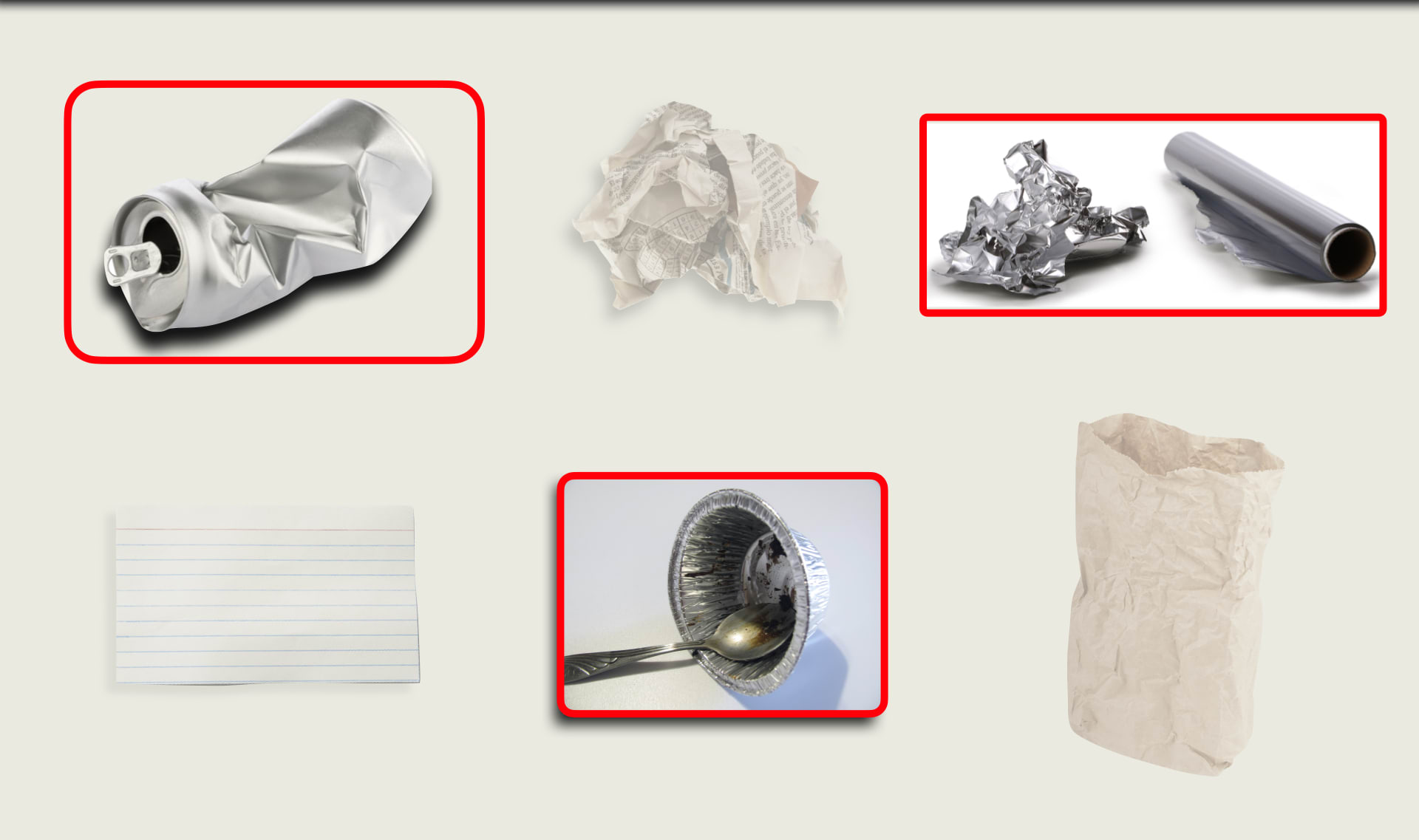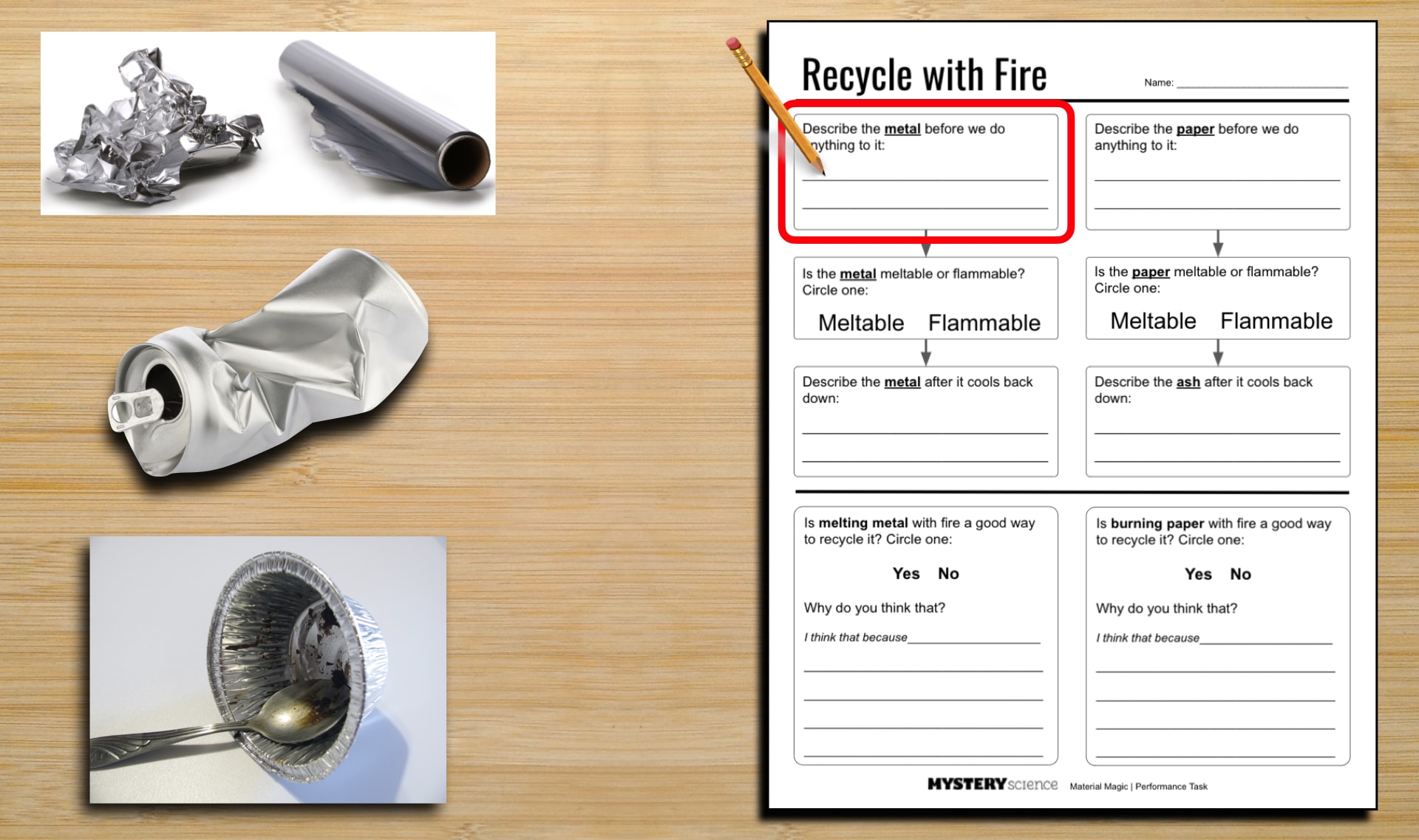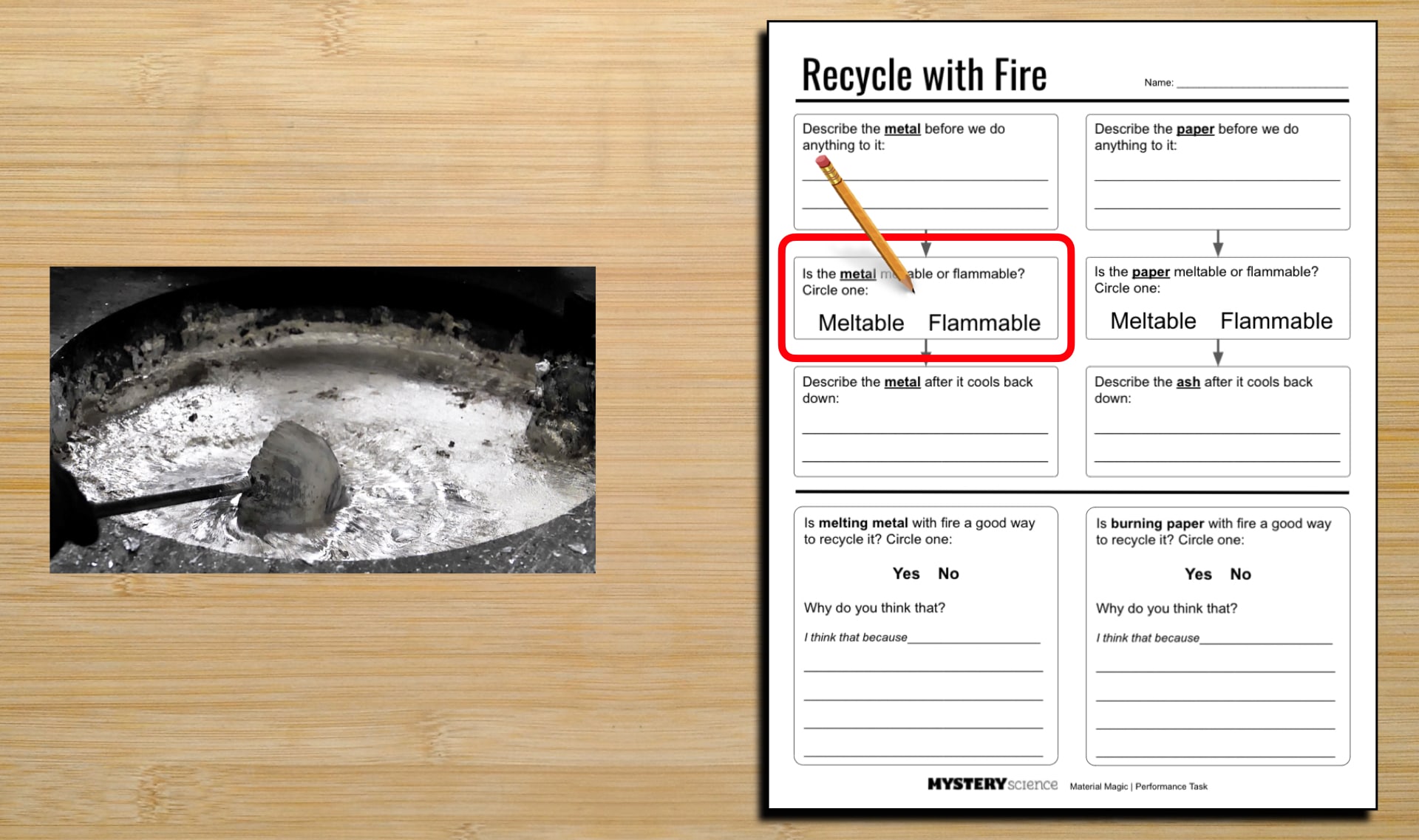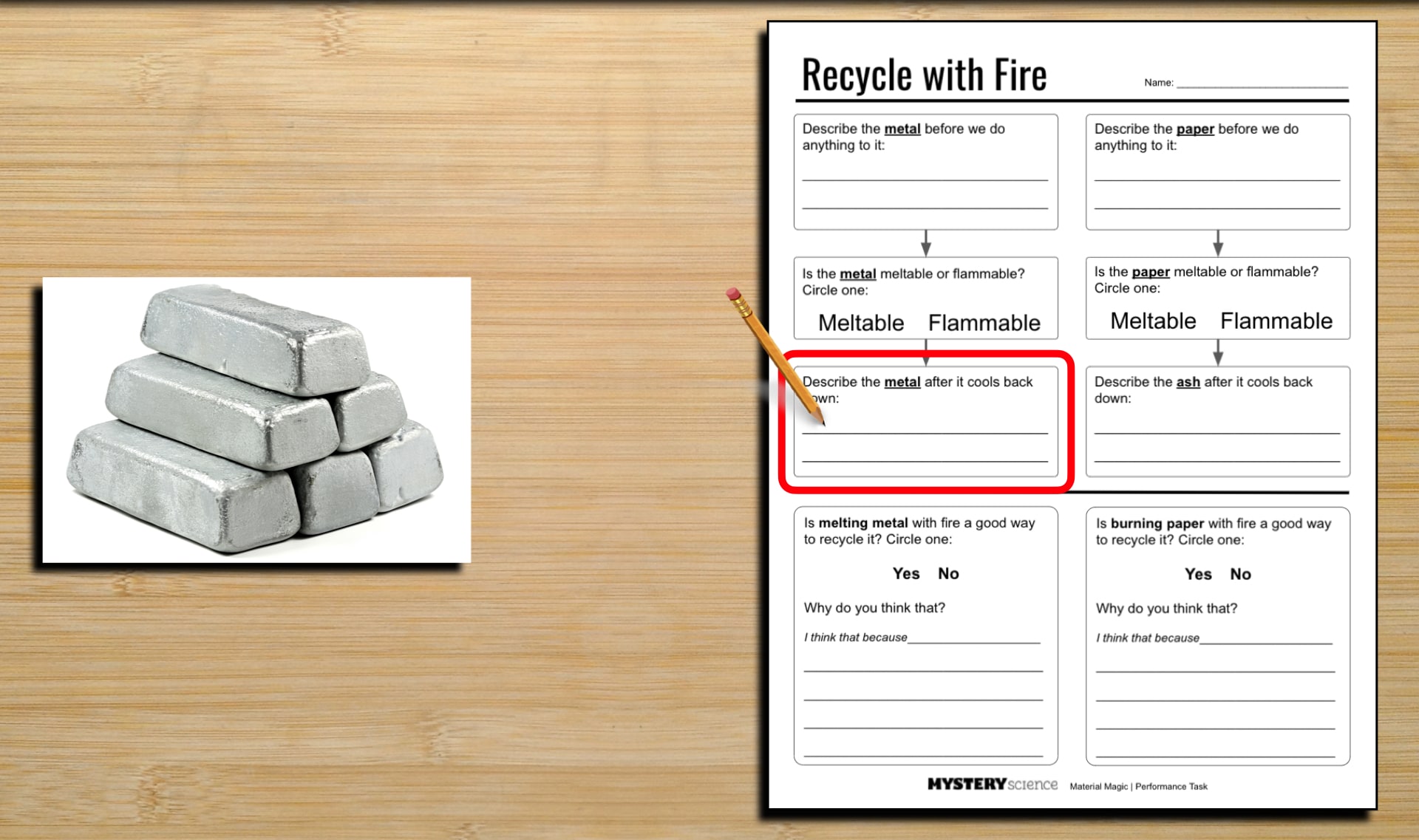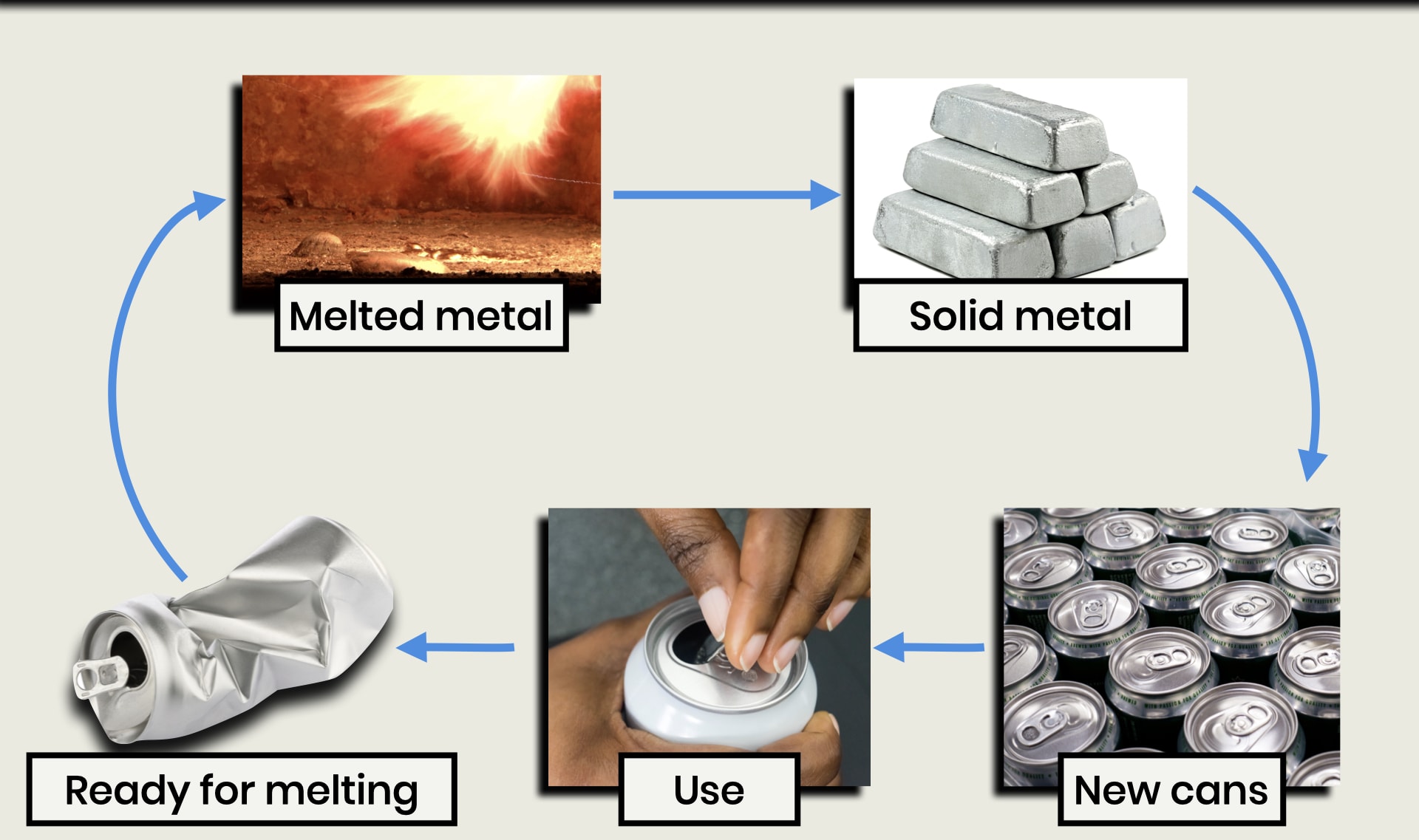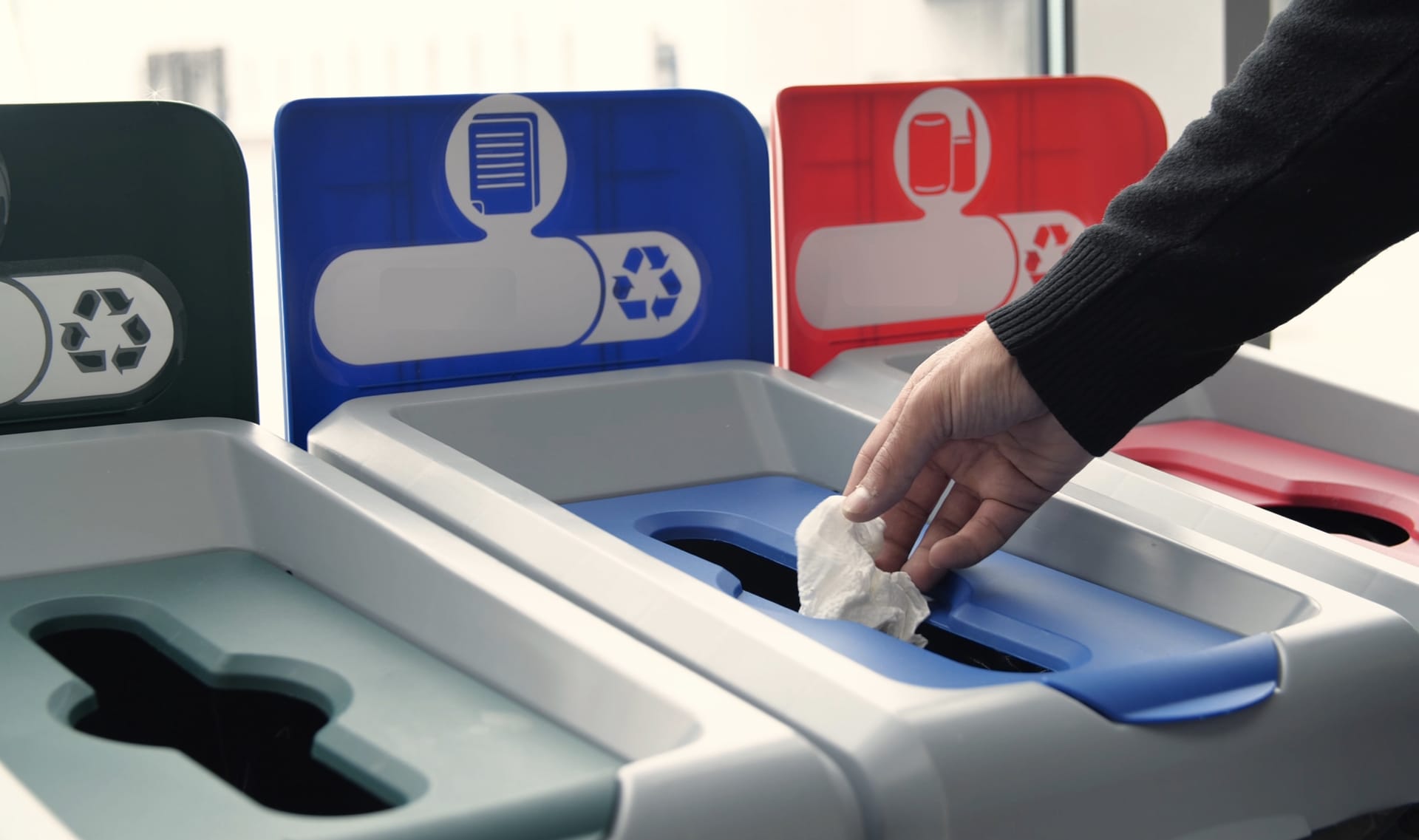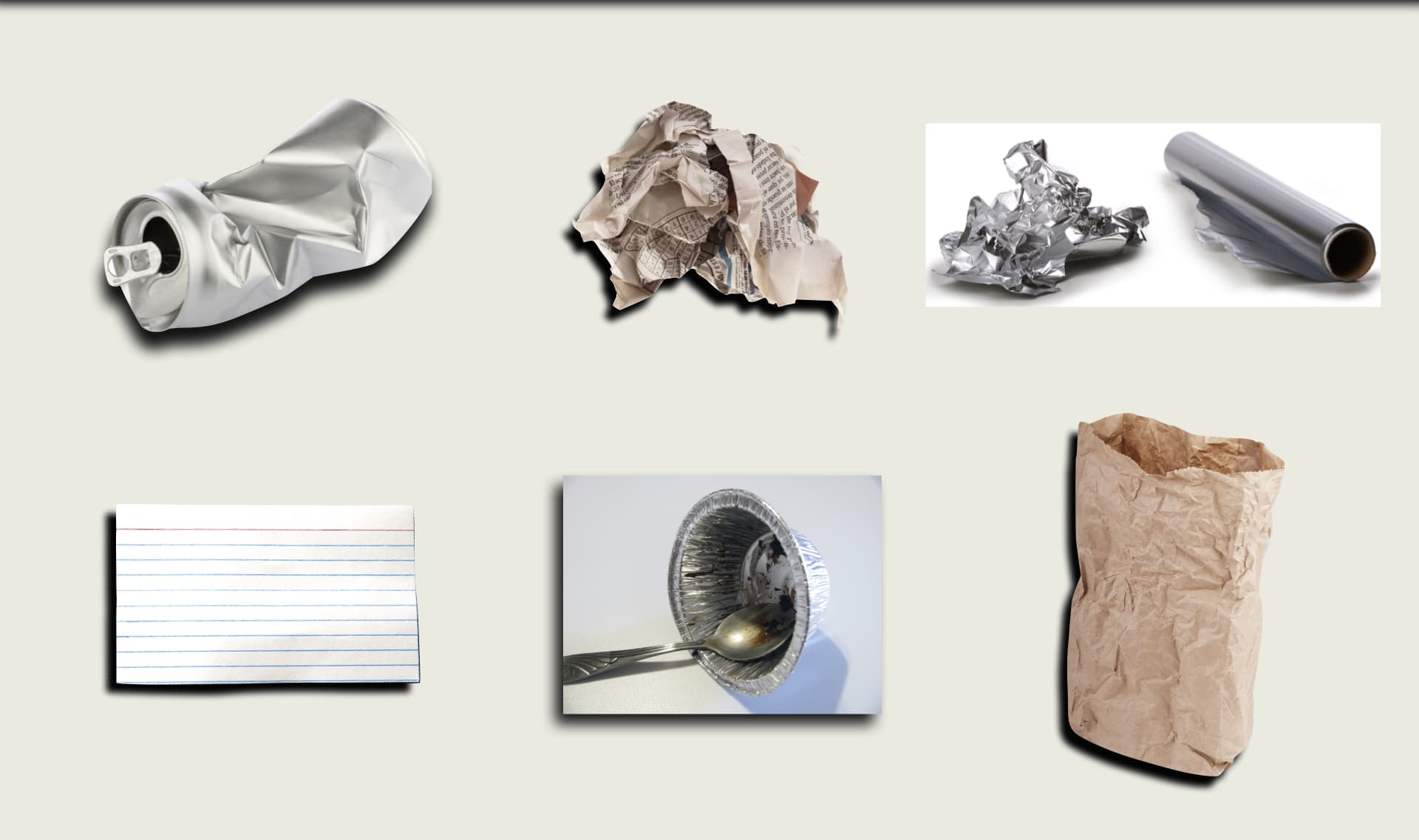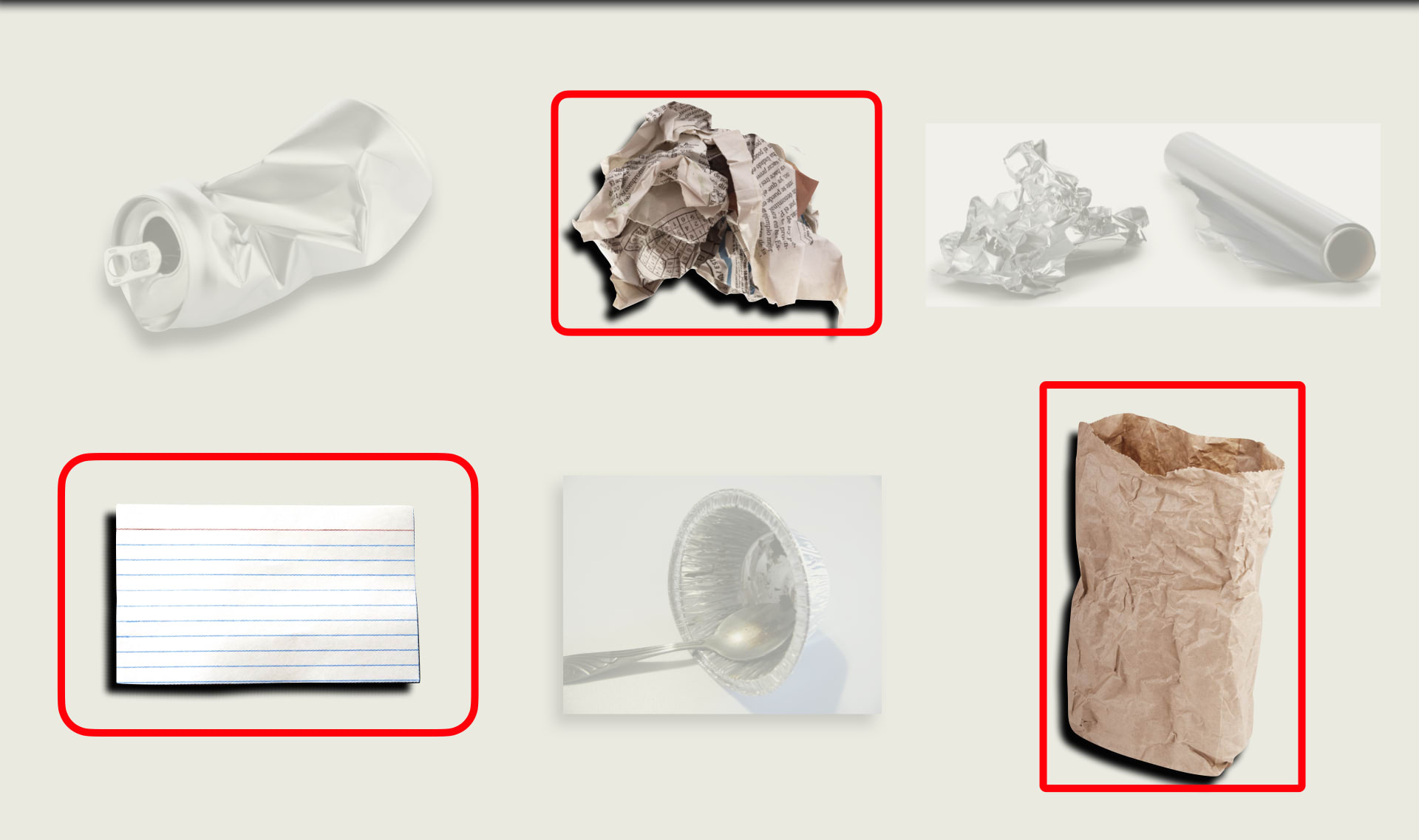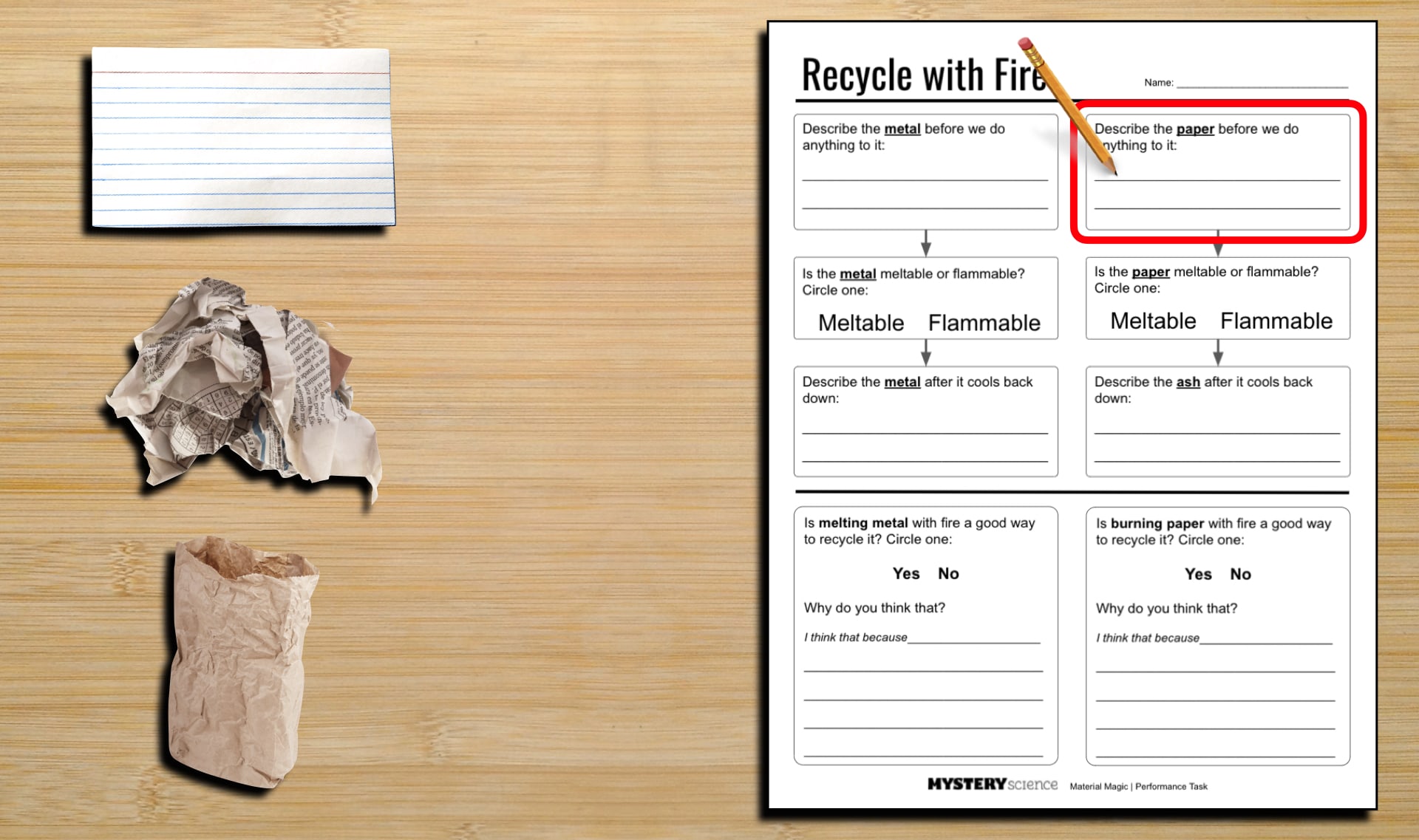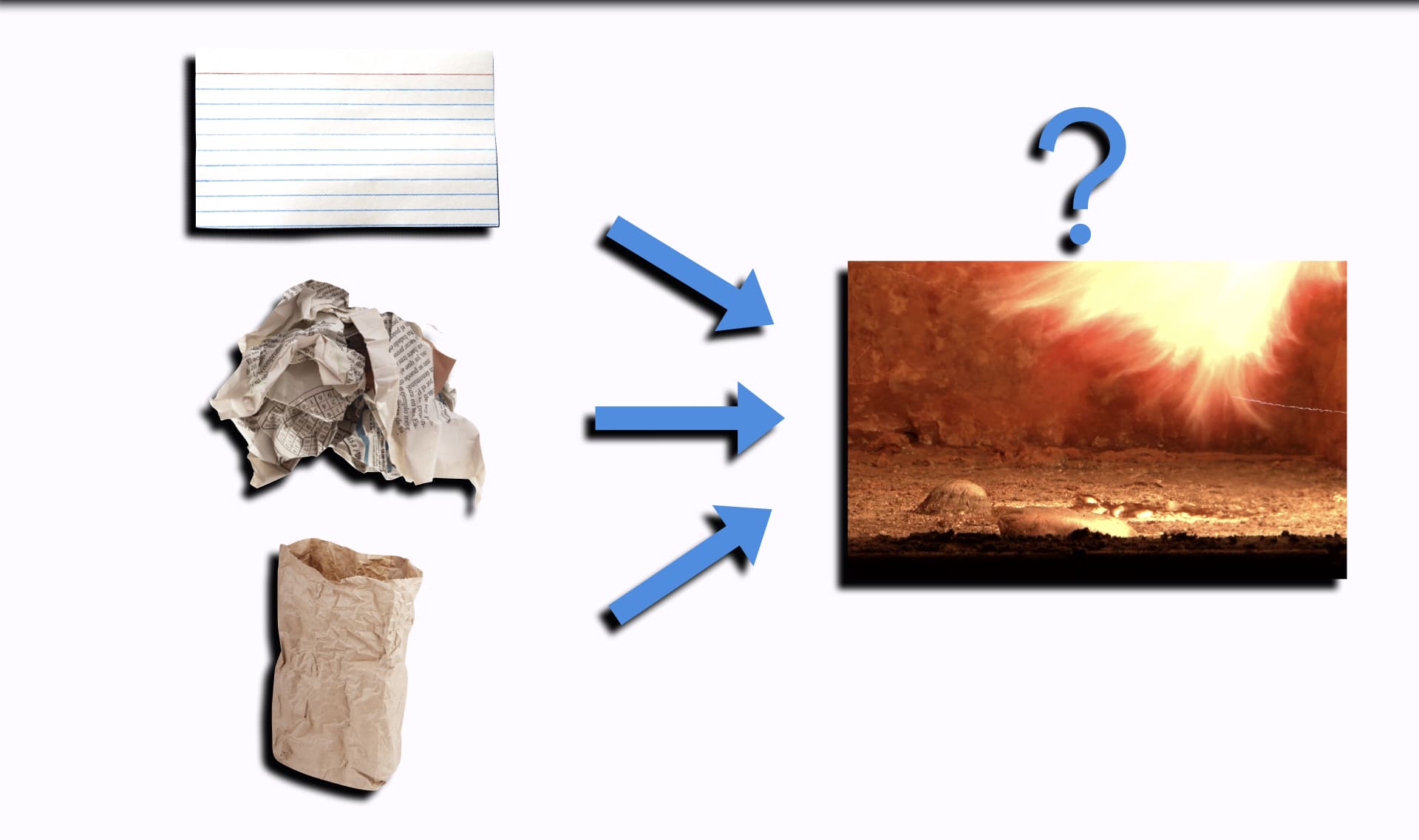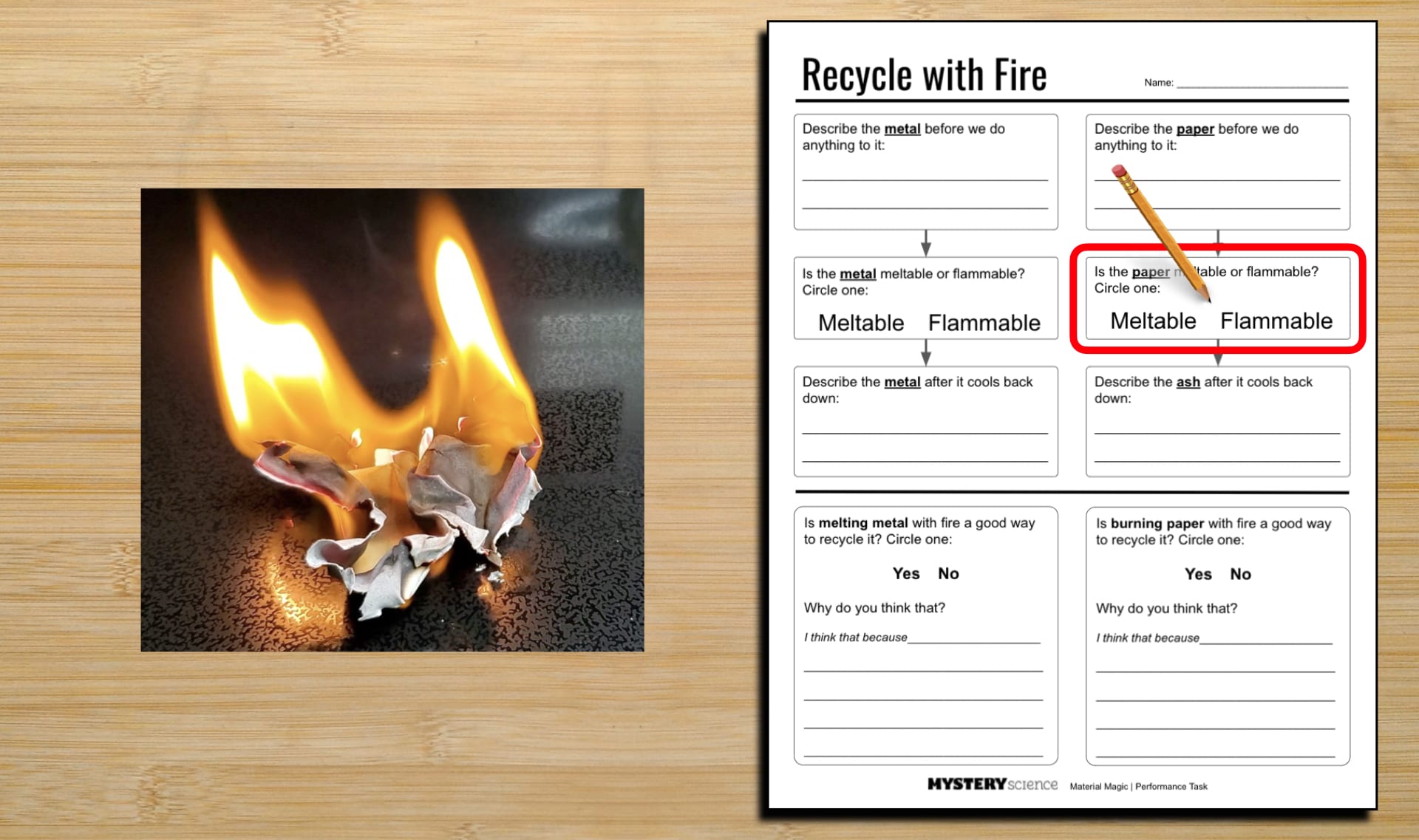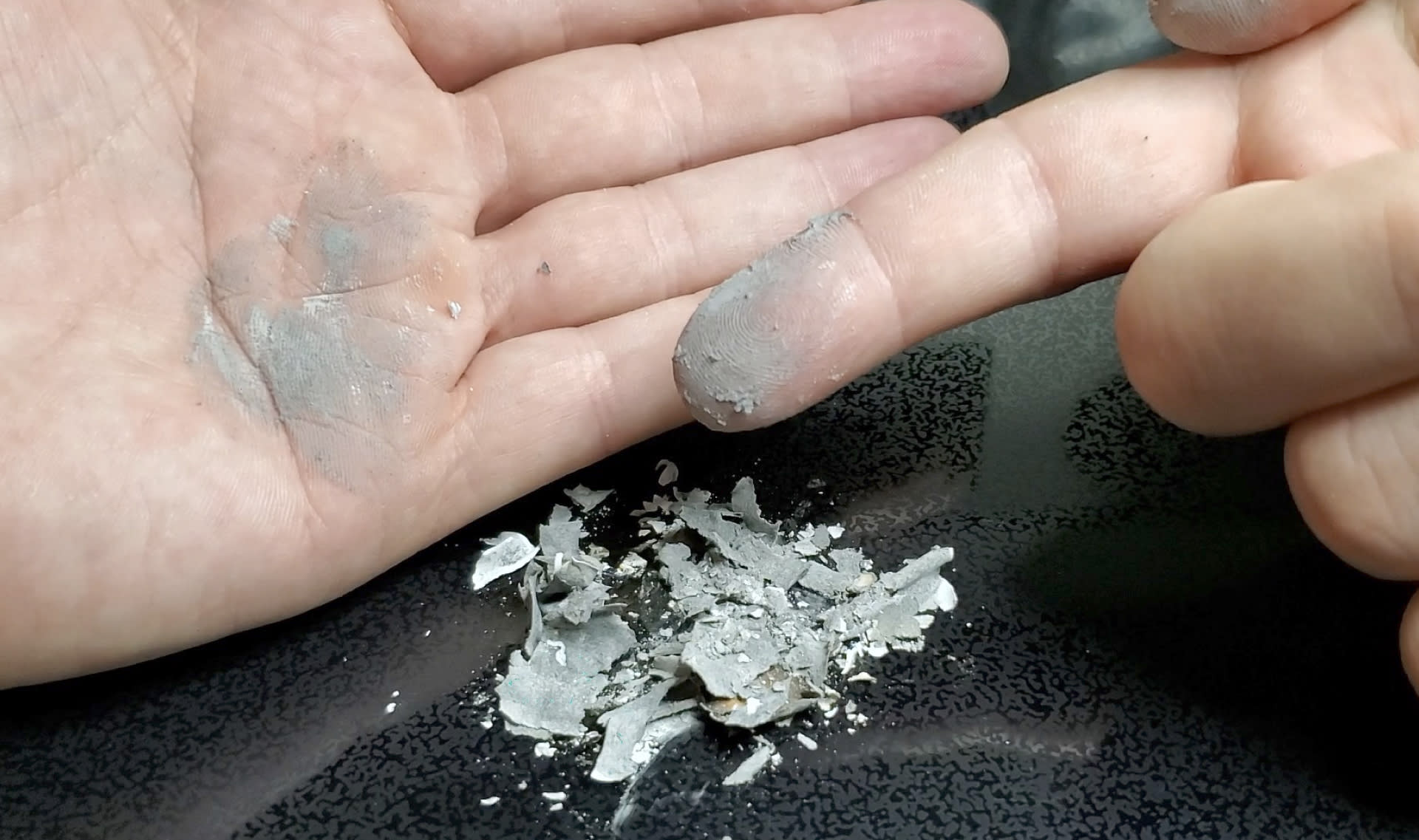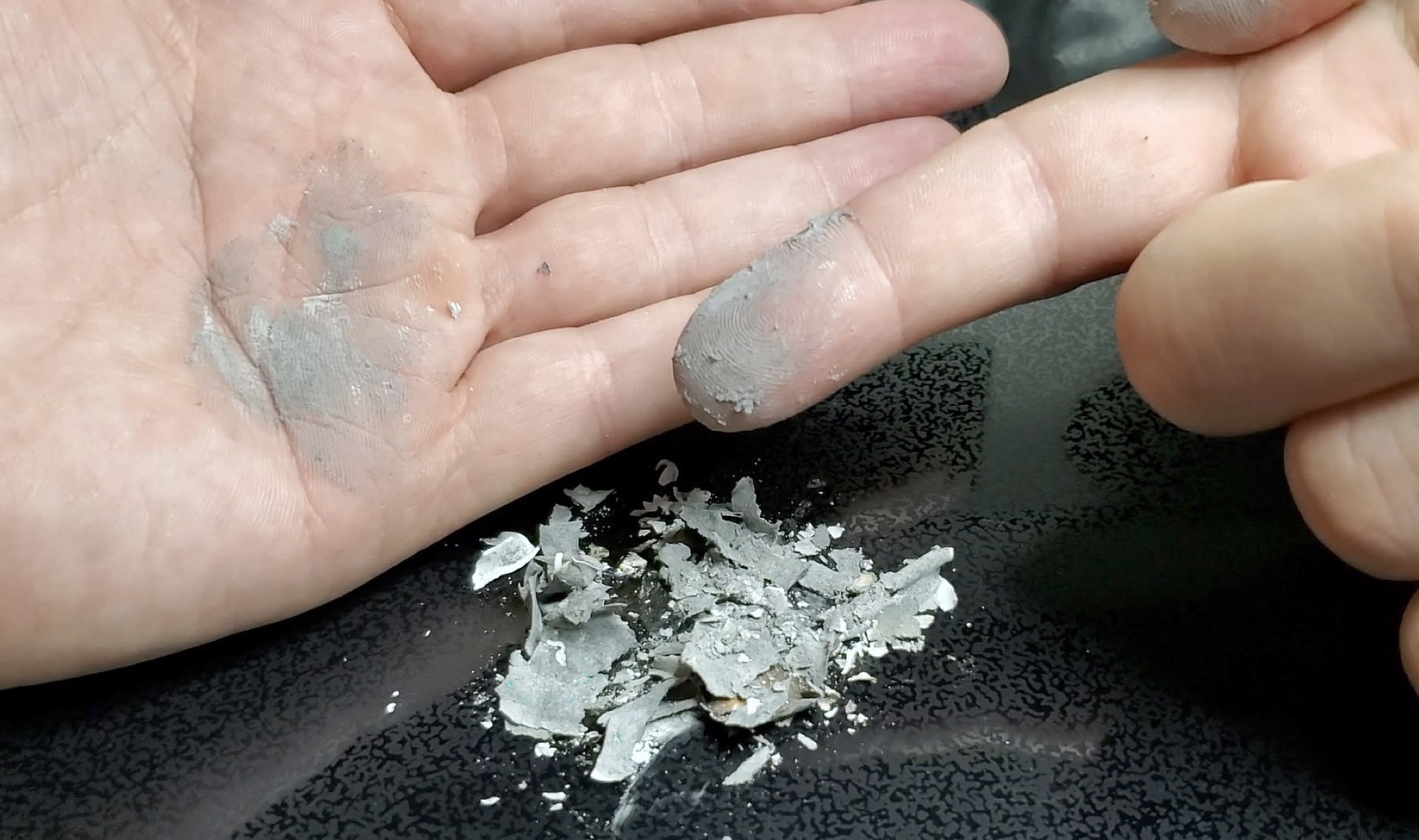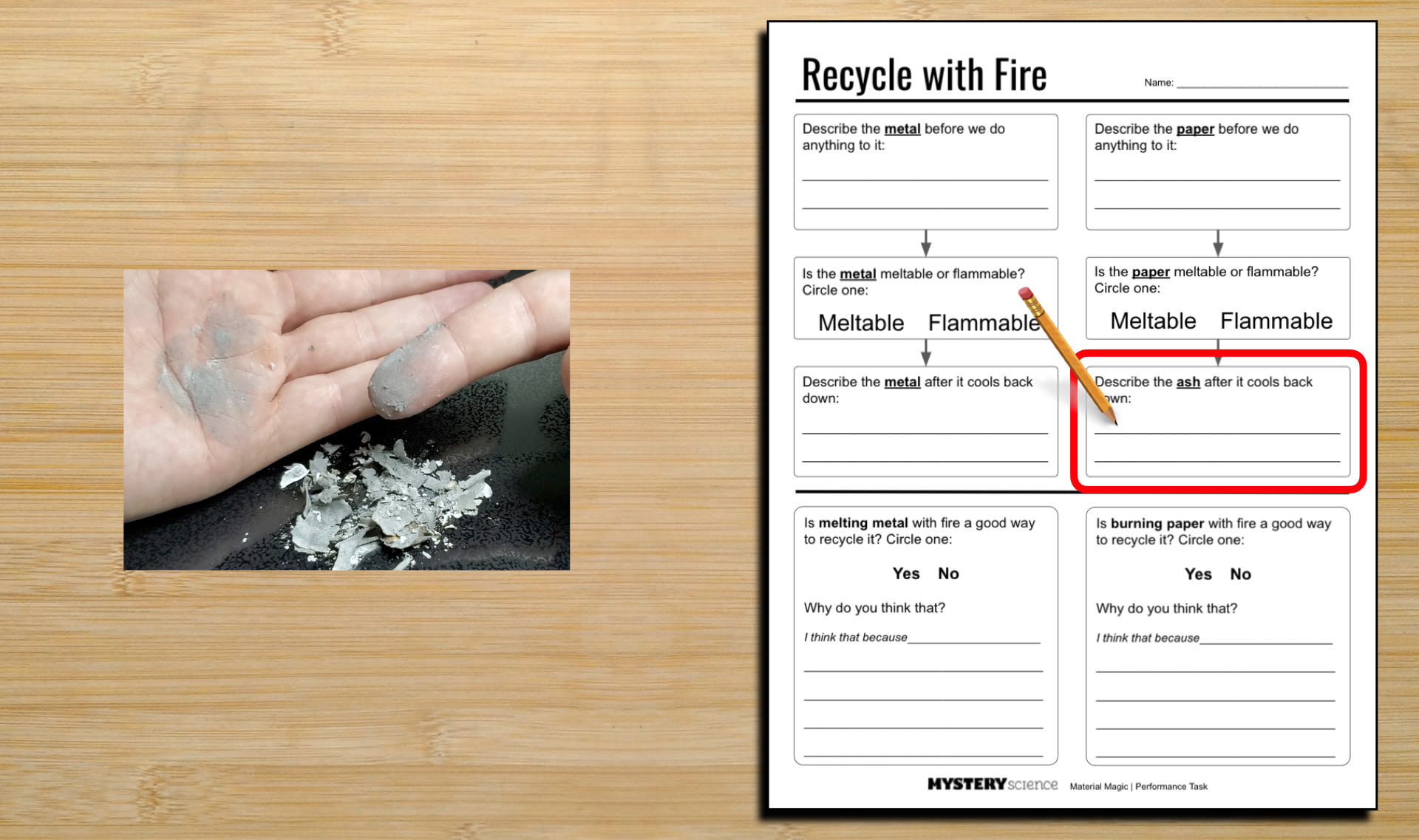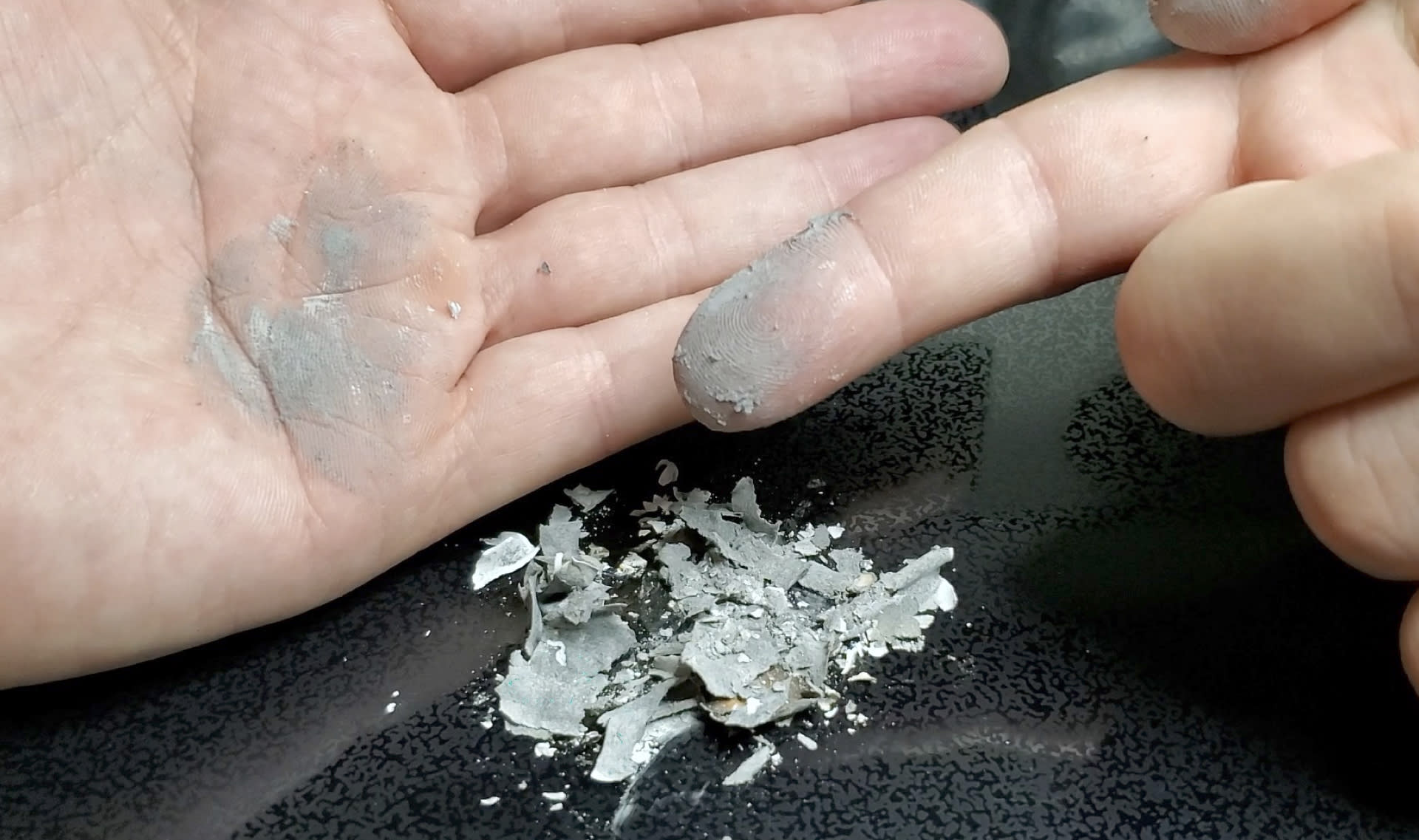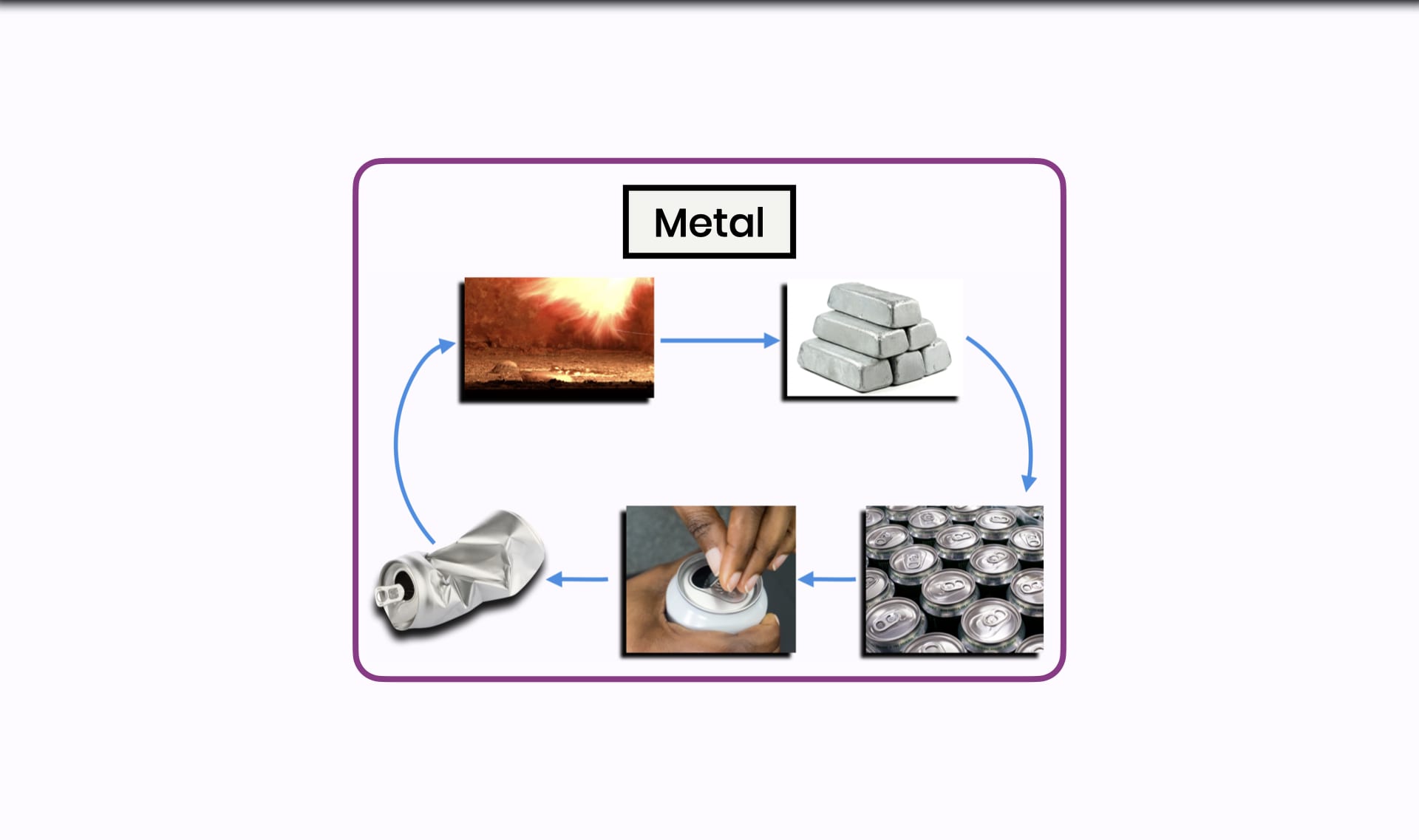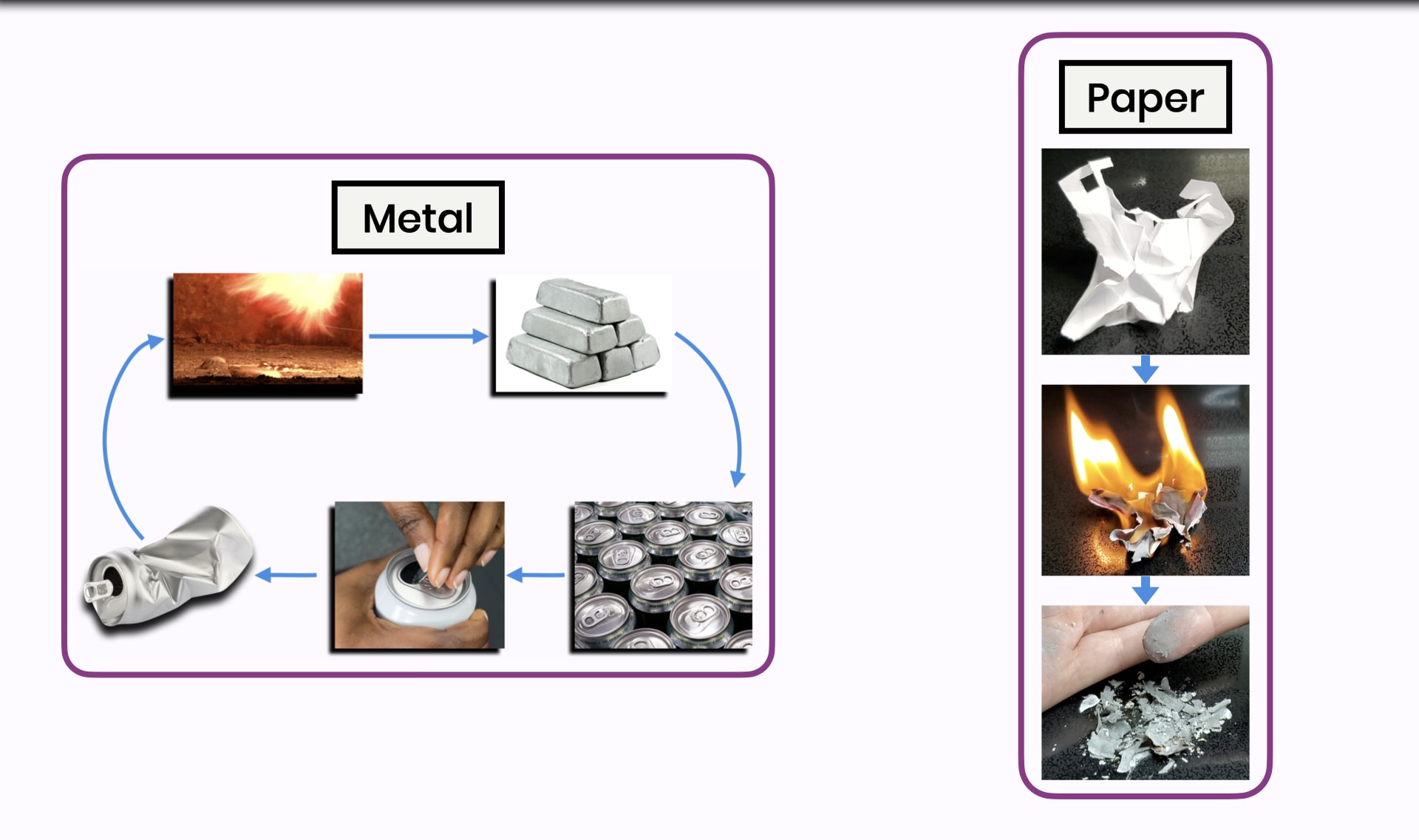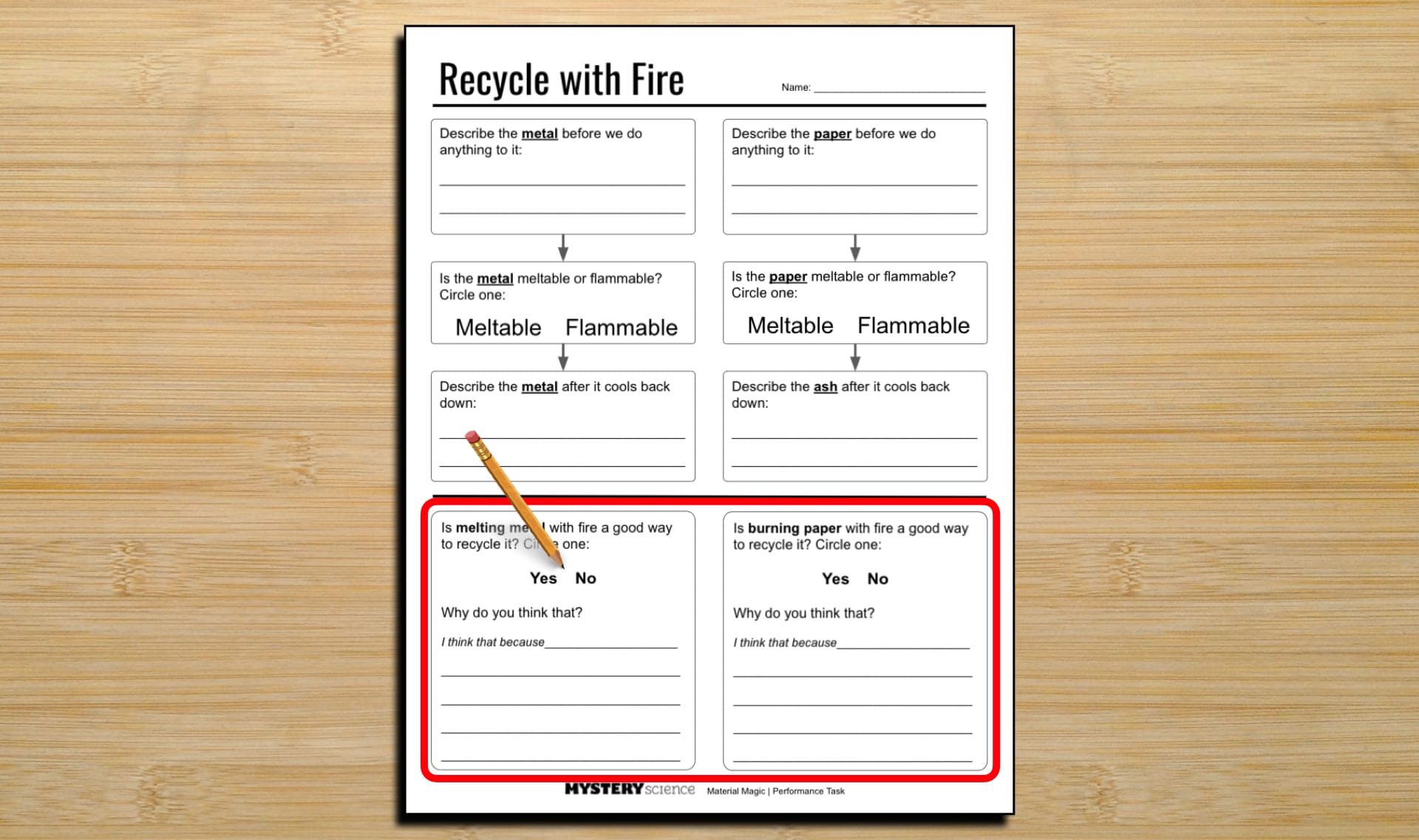Mystery Science respects the intellectual property rights of the owners of visual assets.
We make every effort to use images and videos under appropriate licenses from the owner or by
reaching out to the owner to get explicit permission. If you are the owner of a visual and
believe we are using it without permission, please
contact us—we will reply promptly and make
things right.
Other
2D Trash Dump Truck 2 by
T_RoFilms
Aluminium Foundry Furnace Load With Metal Red Hot Flames Glowing Liquid Melting by
Calisproducties
Aluminium Foundry Furnace Load With Metal Red Hot Flames Glowing Liquid Melting by
Calisproducties
Aluminium Is Cooled With An Assembly Line worker Arranges Drop-Down Aluminium by
vasttt
Brown paper bag crushed and crumpled isolated on white by
THP Creative
Burning Paper by
Phil Keck
Close up of an African American hand opening a Can beverage isolated on white background. Hands opening a soda can. by
Red Confidential
Close-Up Of Brazier With Burning Fire Wood Against A Green Grass by
vlad_star
Close-up of man throwing garbage into sorting bins. Media. Man throws garbage into colored bins for sorting. Sorting garbage helps in recycling and supports ecology of nature by
Media Whalestock
Compressed aluminium can close up on white by
O.Bellini
Compressed aluminium can close up on white by
O.Bellini
Cover alumiunum cans. Aluminum cans. Top view. Aluminum cans in the market by
Funtap
Crumpled empty blank soda can garbage. Crushed junk can recycle isolated without shadow by
azure1
Dirty used foil tray for dessert. a tray that has fallen on its side because of the spoon. by
Nadezhda Tulatova
Factory For Melting Aluminum.liquid Aluminum Was Dispensed Into Molds by
vasttt
Foundry For Aluminum Scrap The Aluminum Assembly Line by
vasttt
Index card with slight bends by
William Milner
Recycle 13 - Aluminum by
EastboundProductions
Workers Unload Aluminum Cans At A Recycling Center. by
RickRay
foil aluminium by
guy42
newspaper ball isolated on a white background by
Krakenimages.com
